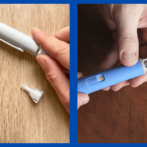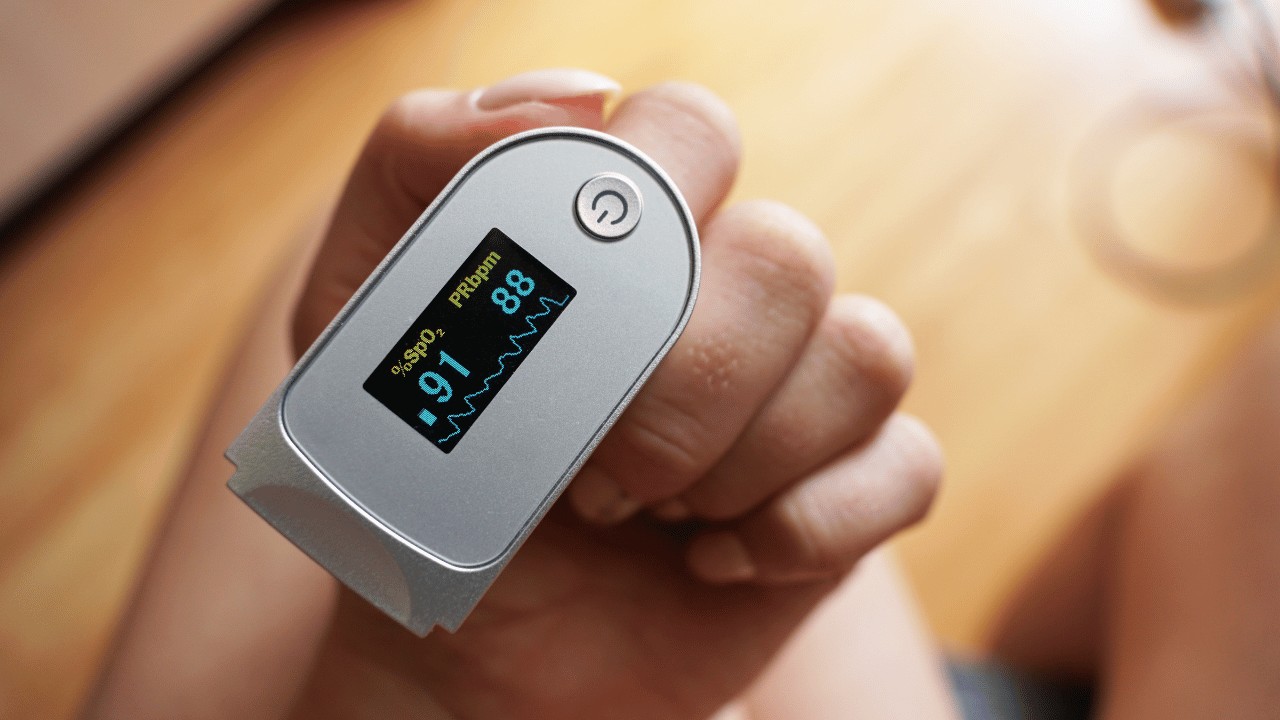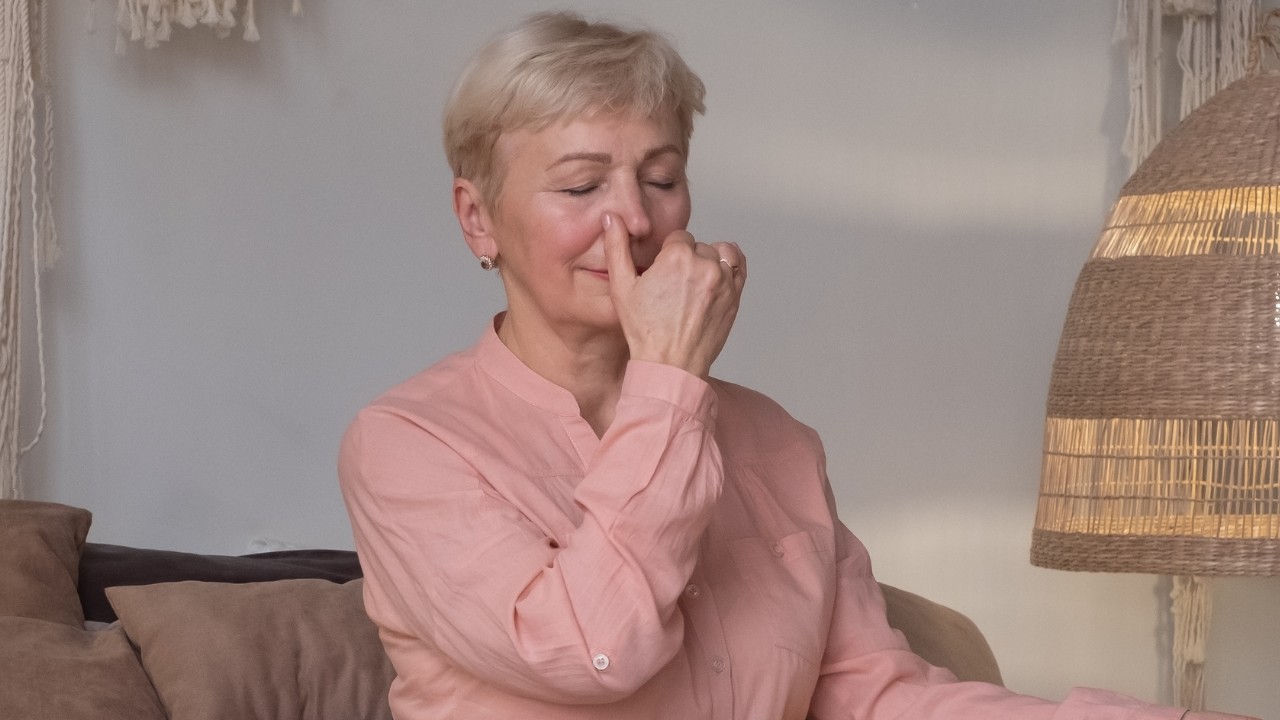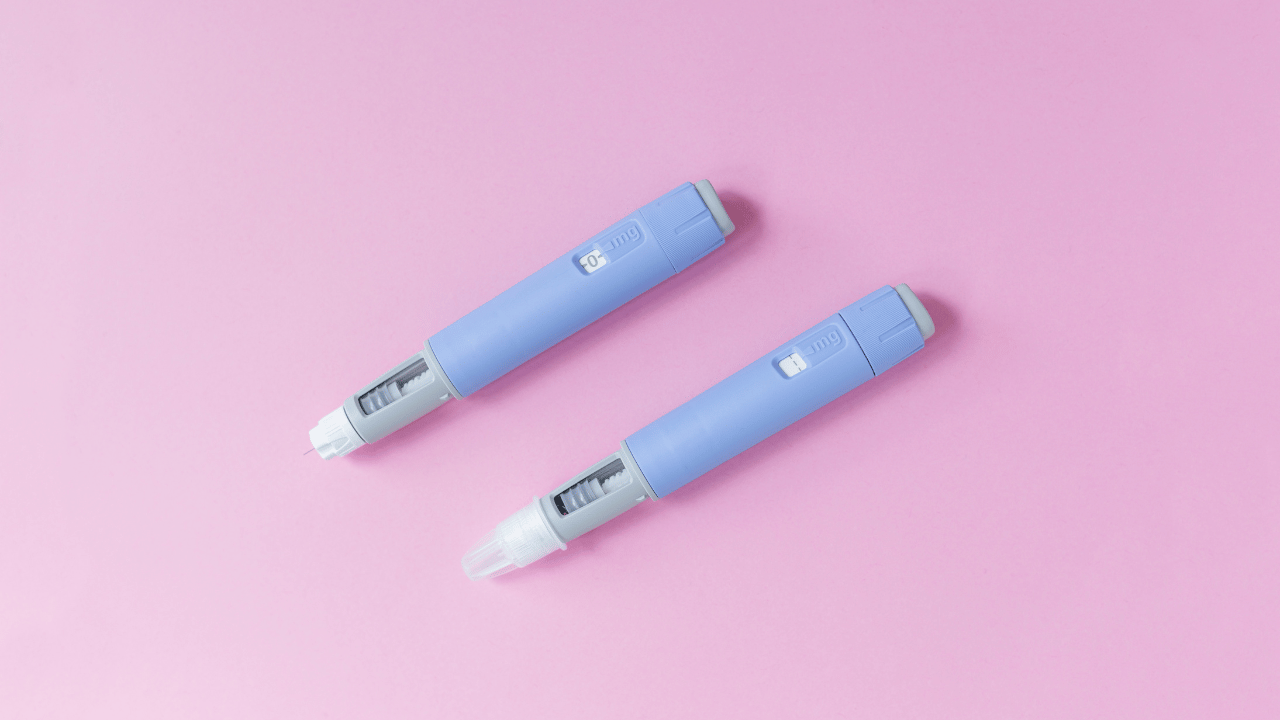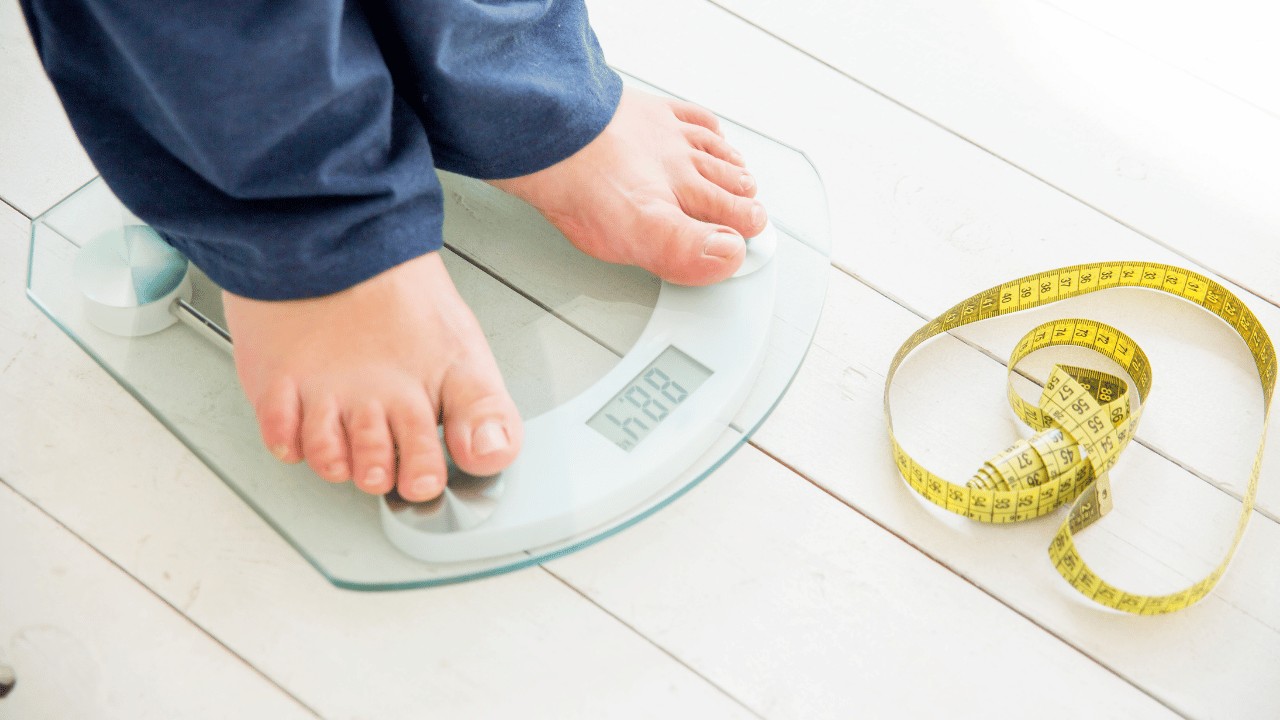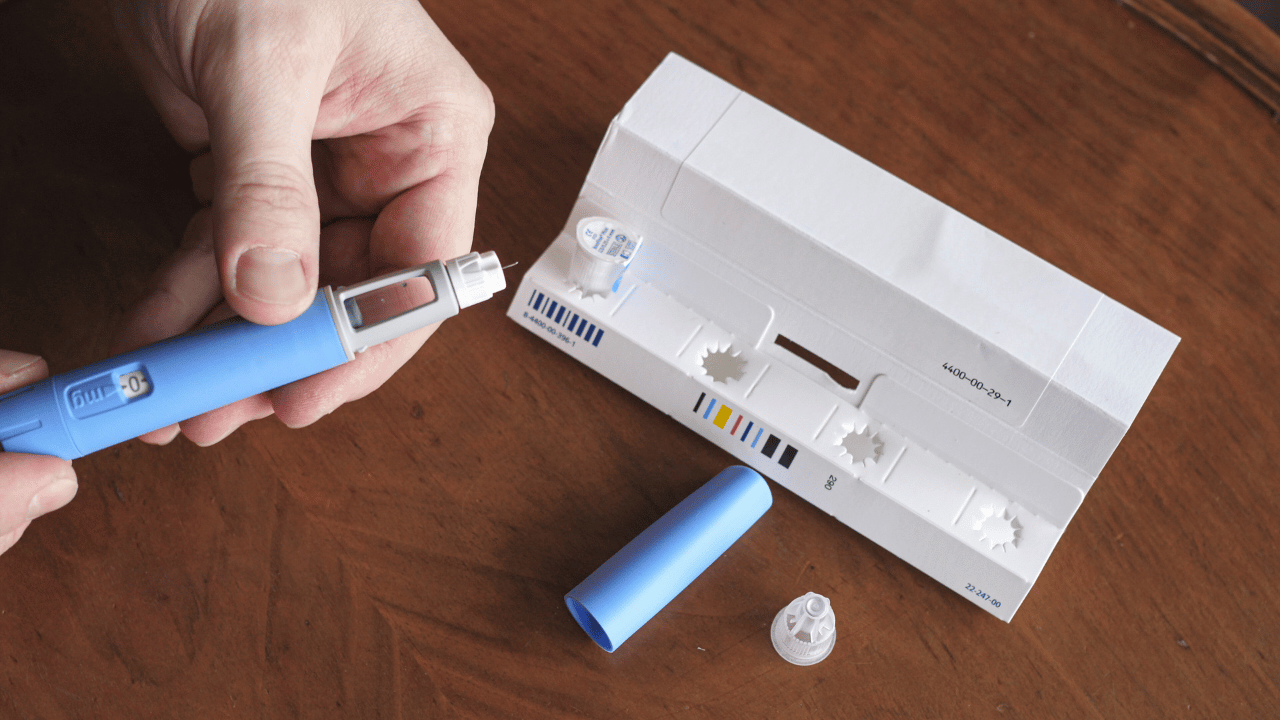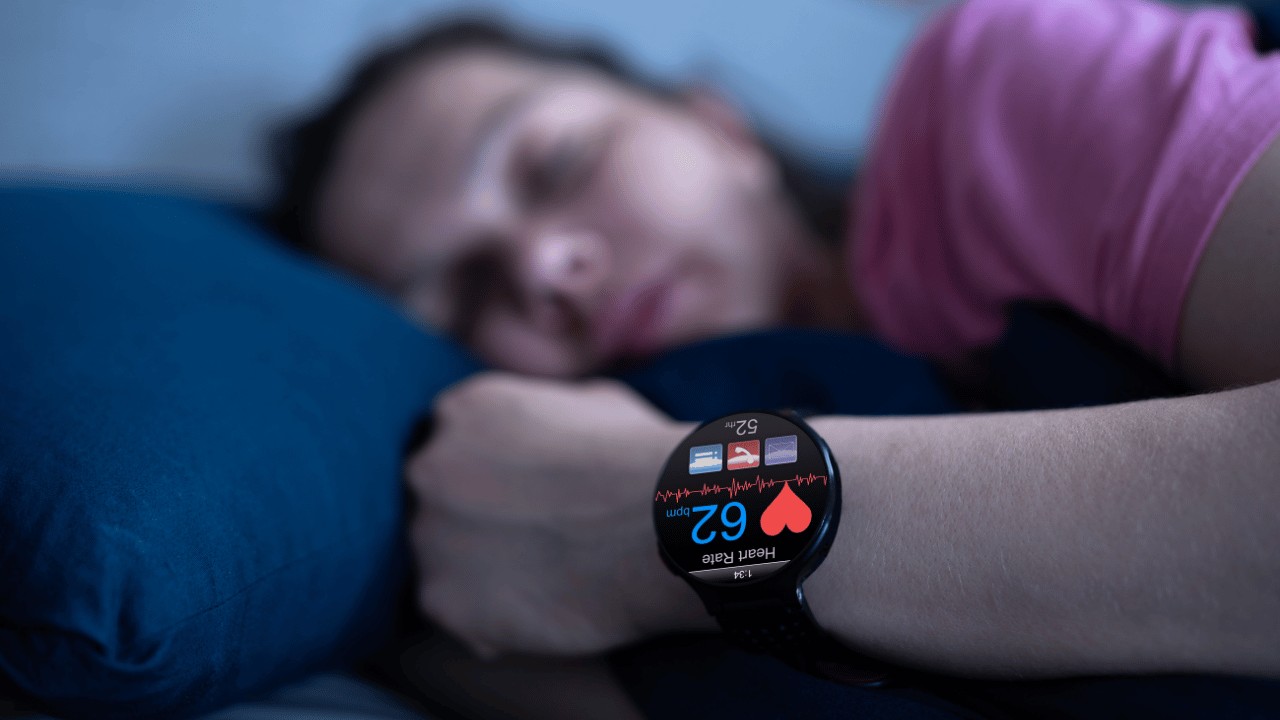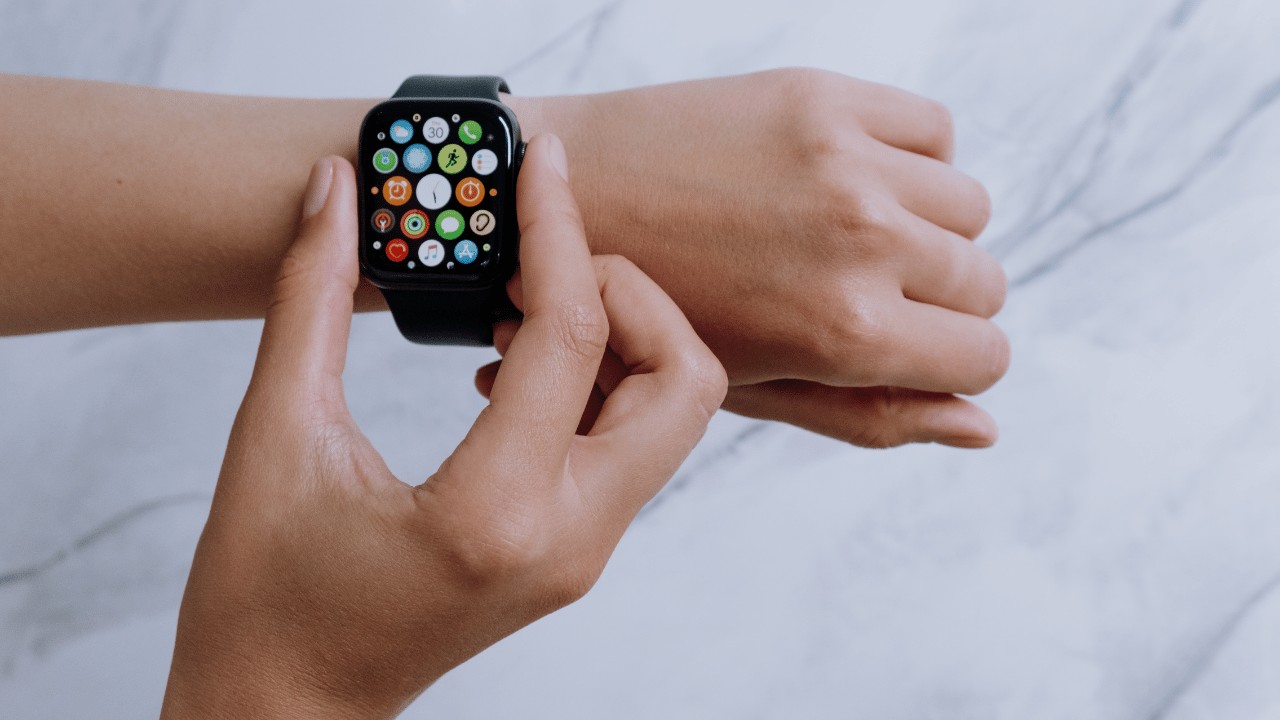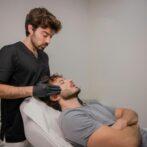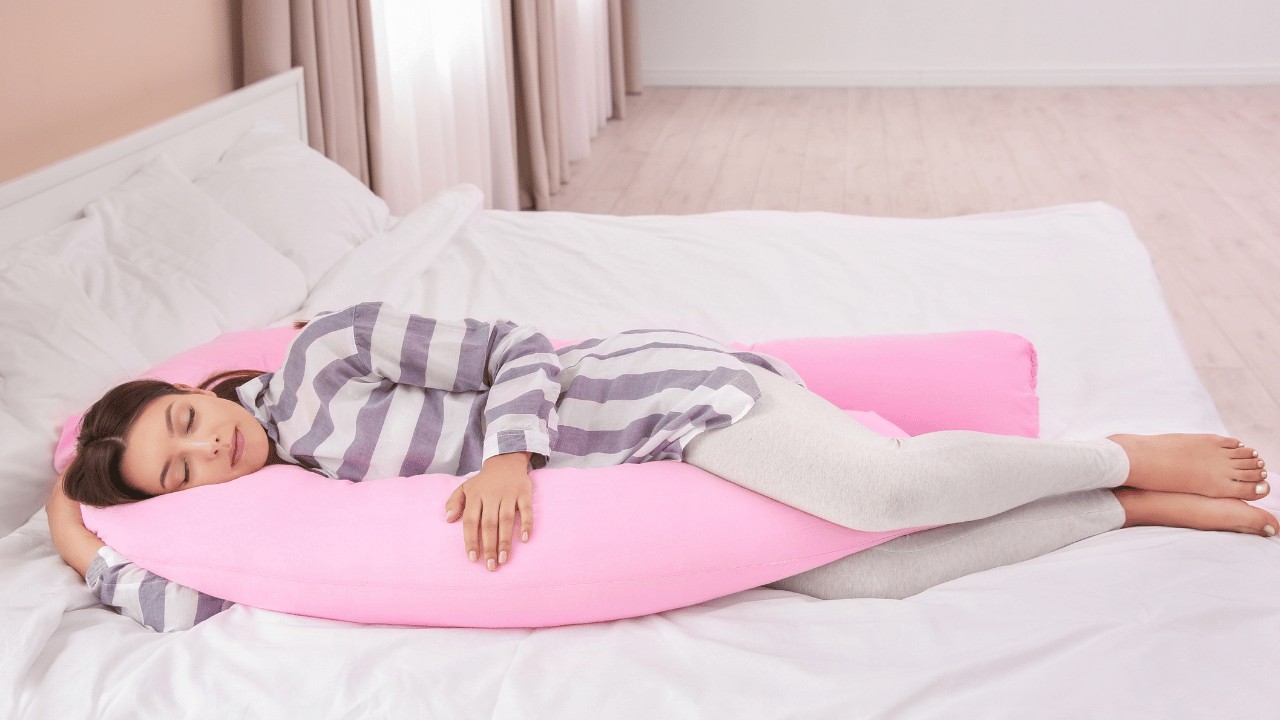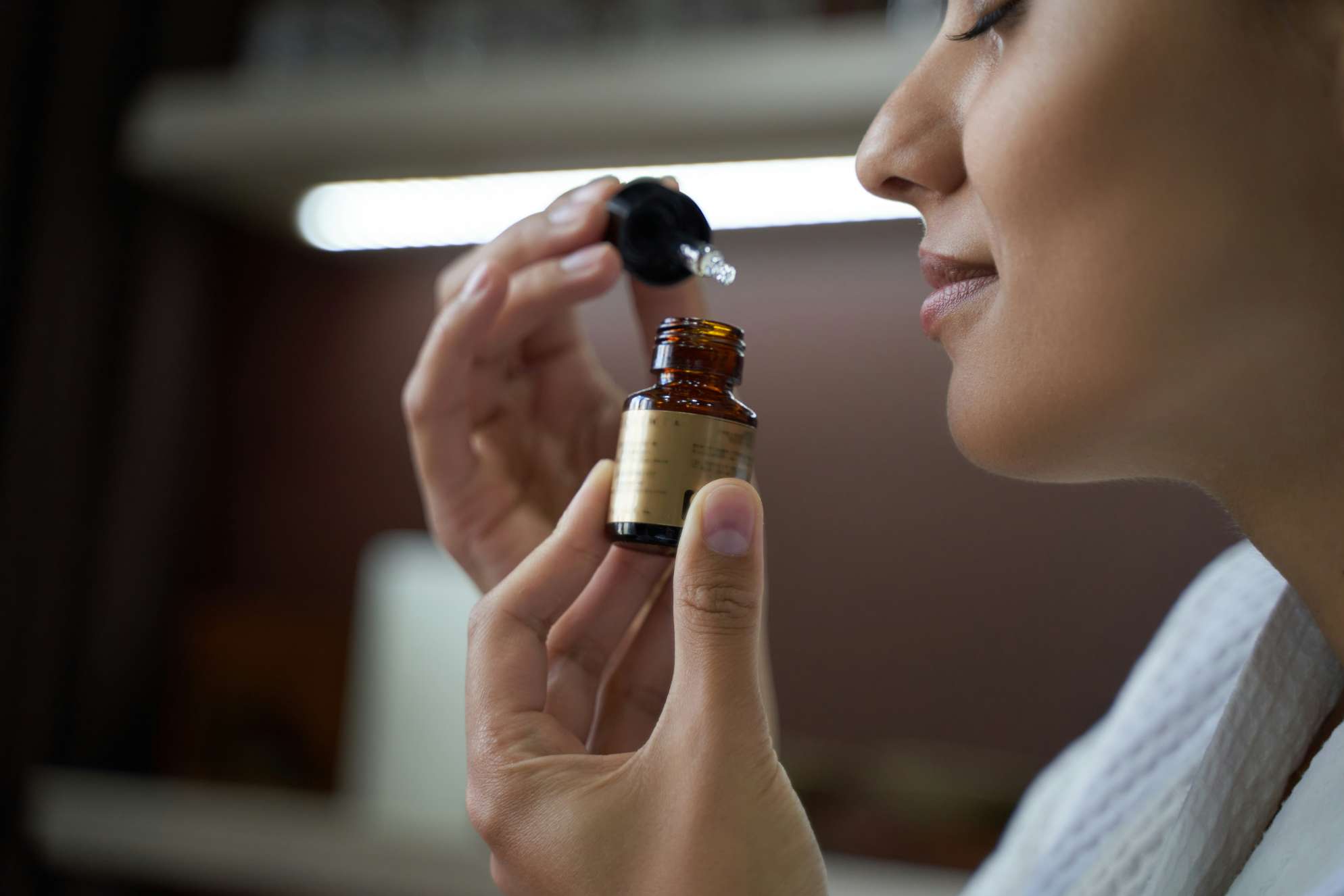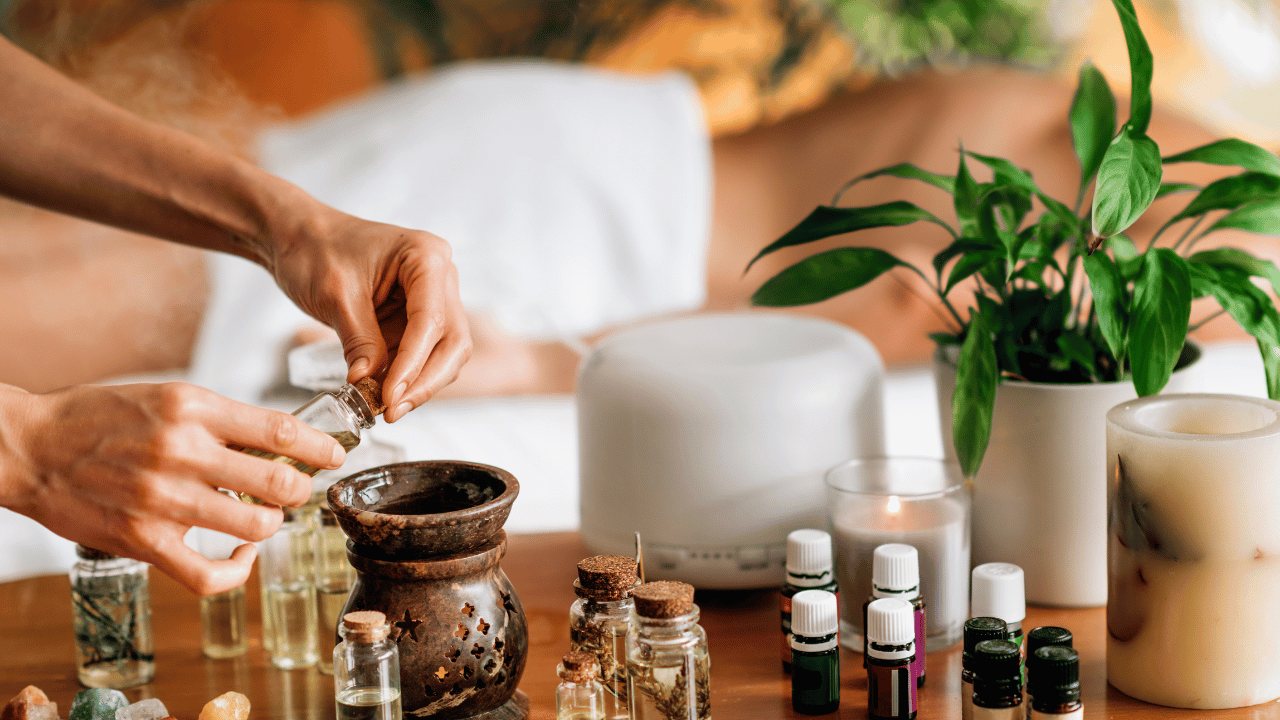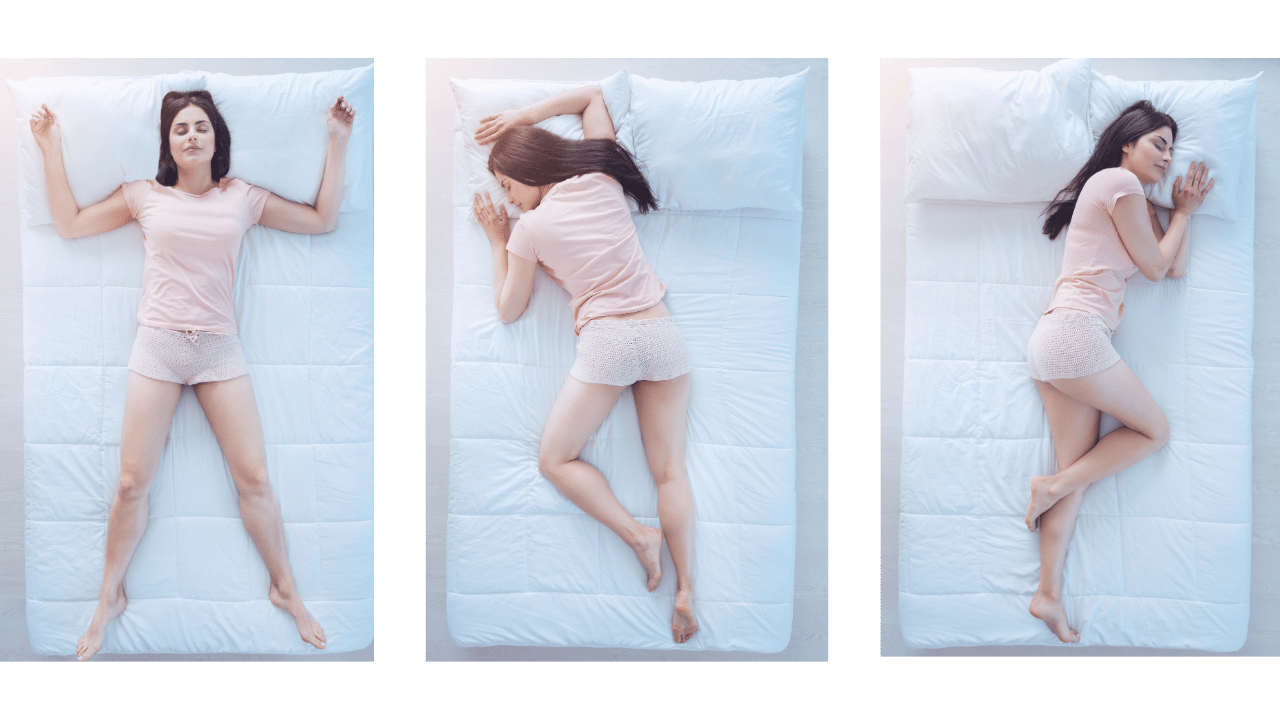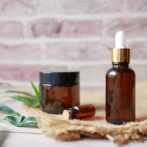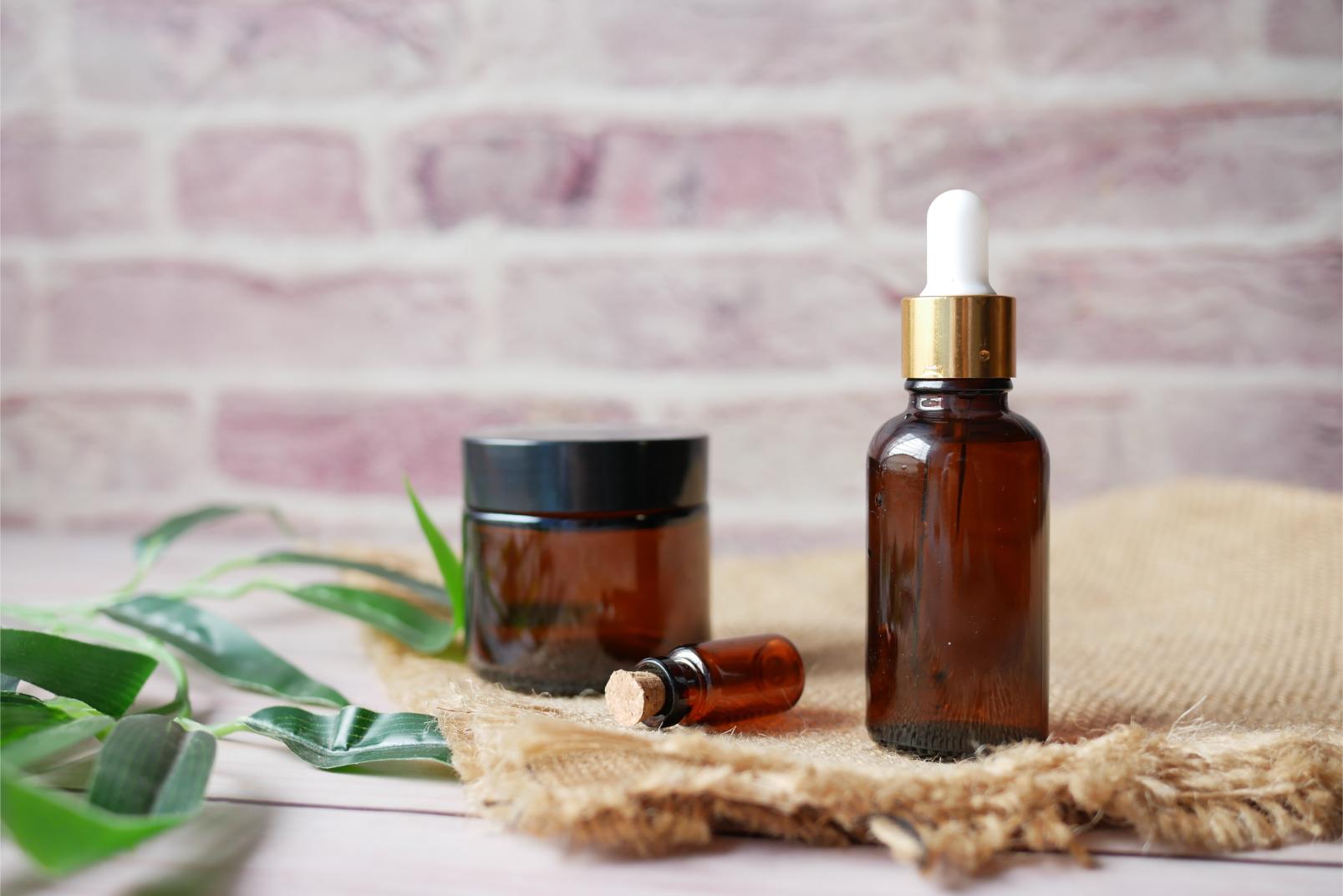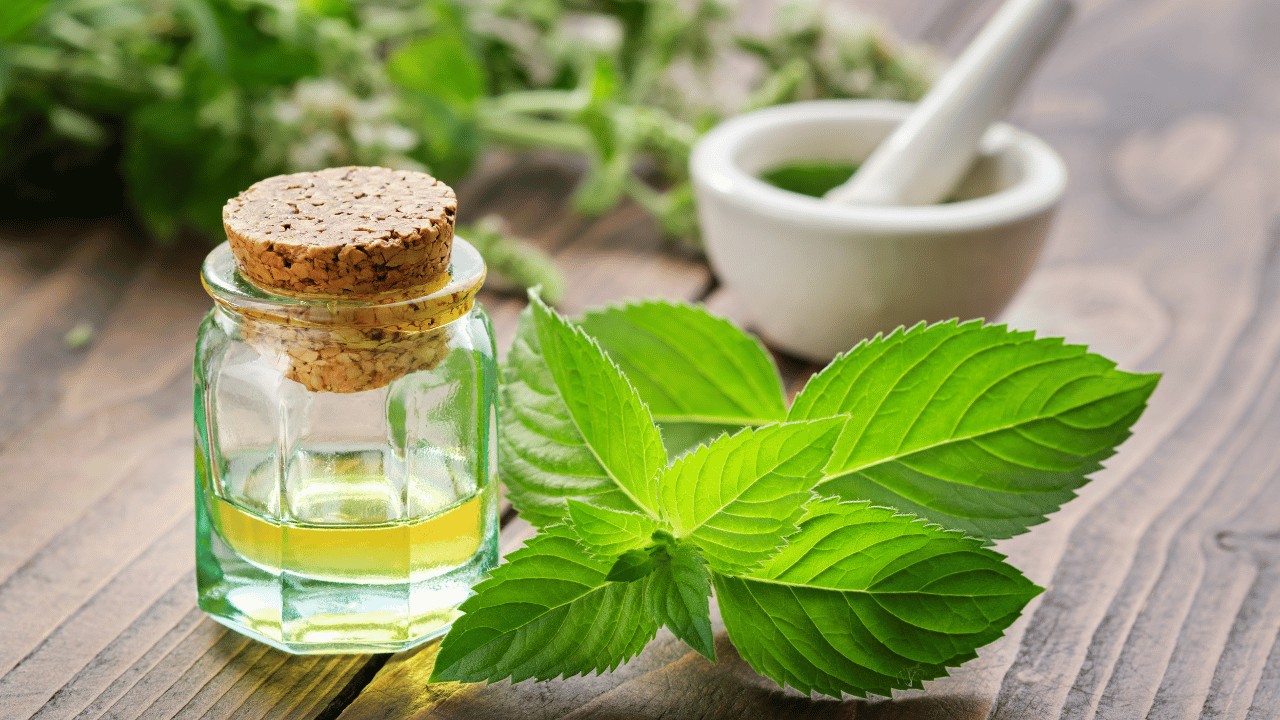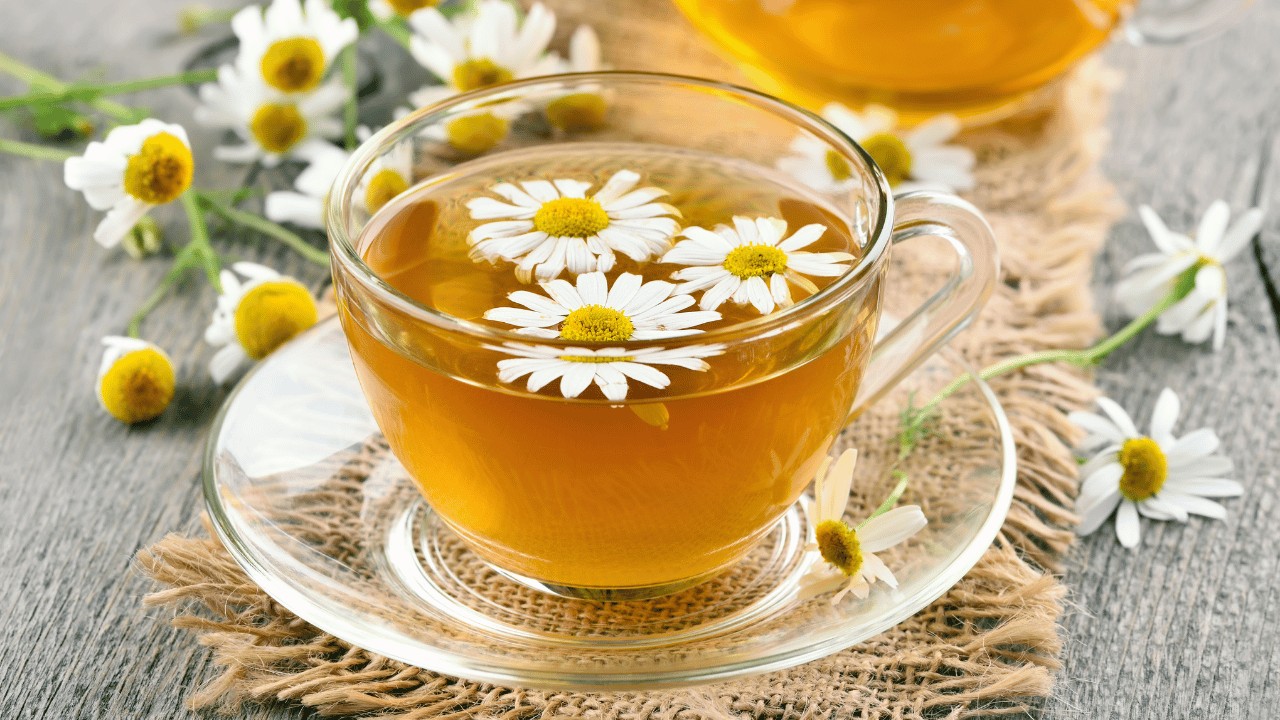Medications for Sleep Apnea
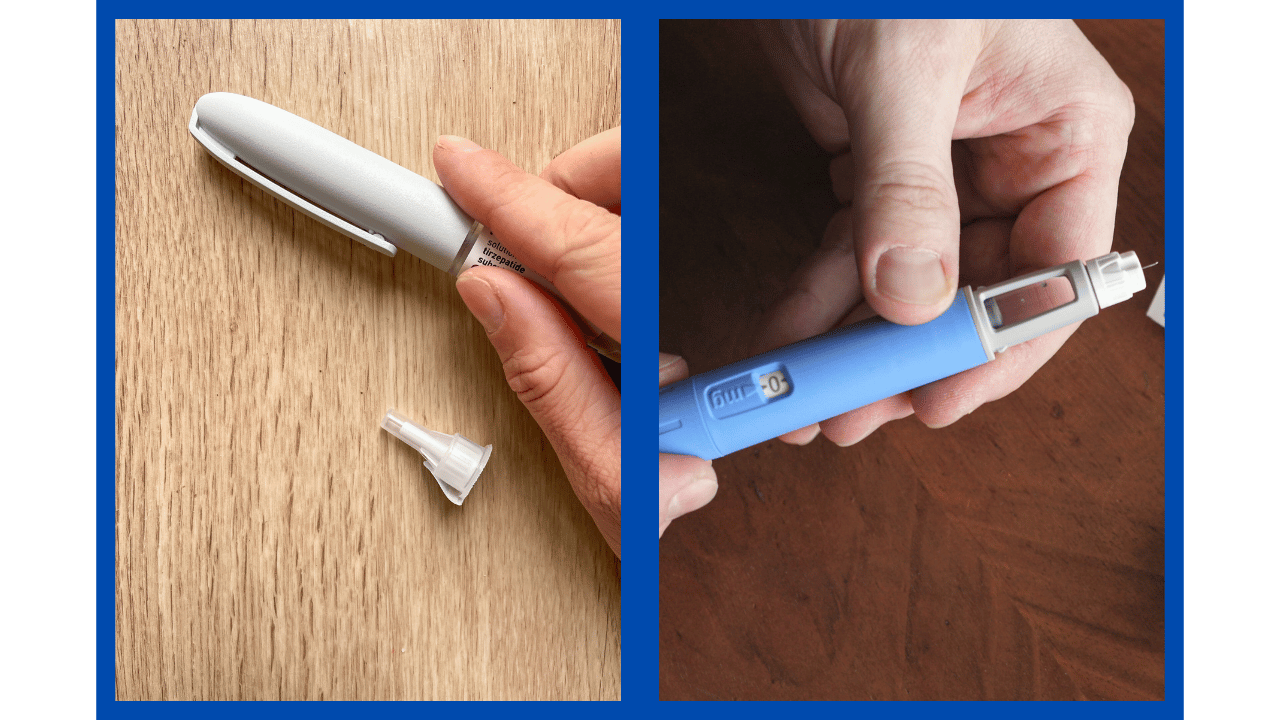
Medications like tirzepatide and other weight loss drugs like Ozempic are becoming more popular and accessible alternatives for those struggling with sleep apnea. Taking tirzepatide or Ozempic for sleep apnea might help to support the weight loss process and open your airways to make breathing easier at night.
Early Research, Promising Results
While the use of these medications for sleep apnea is still being investigated, as are supplements for sleep apnea, early studies show promising results for those dealing with the disorder. Doctors at the University of California in San Diego recently called tirzepatide a ‘significant milestone’ in the treatment of obstructive sleep apnea, saying it may address both metabolic and respiratory complications.
Researchers have found that tirzepatide significantly decreased how often a person experienced breathing interruptions while snoozing. Some didn’t even need a CPAP machine at night after taking it. The study also showed reduced risk of heart problems and improved their overall weight.
Due to its success, some companies have asked the US Food and Drug Administration to expand approval of weight loss drugs to address sleep apnea.
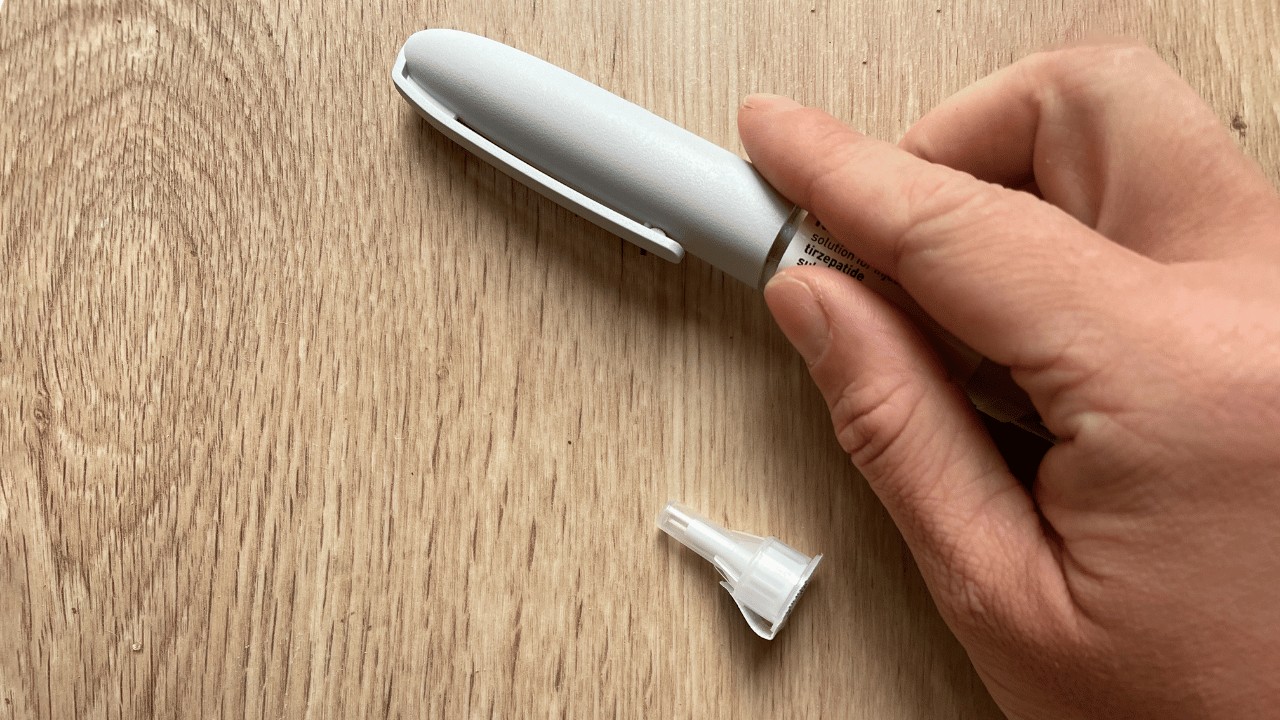
How Do These Drugs Work?
Usually used to manage diabetes, the most common weight loss medications can help improve sleep apnea. These medications can reduce the fat a person may have around their throat and neck that pushes on the airway, making it narrower and more likely to collapse while sleeping.
If this happens, the obstruction blocks airflow. This is why if you have sleep apnea, you may feel restless, keep everyone up with your snores, or constantly wake up gasping for air.
Medications designed for weight loss help reduce the amount of fatty tissue around the airway and make it easier for air to pass through. This could lead to fewer breathing interruptions at night, encouraging better breathing and more restful sleep.
However, weight loss medications aren’t a standalone cure for all your sleep apnea struggles. If approved by your doctor, they may be an effective part of a larger treatment approach.
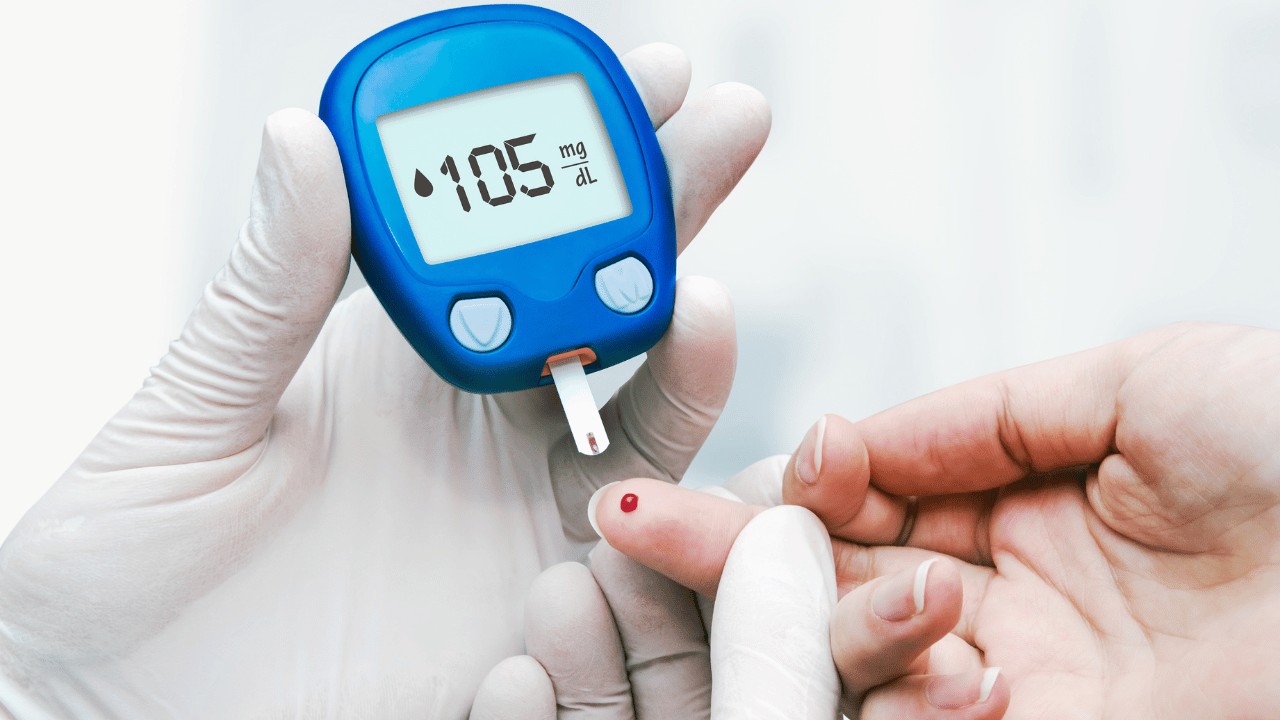
A Broad Approach to Sleep Apnea
Some doctors may recommend using oxygen for sleep apnea to help improve oxygen levels during sleep, although this approach is usually used alongside other treatments like CPAP therapy. So far, early studies show weight loss medications can also help manage sleep apnea symptoms.
However, at Optimal Circadian Health, we believe the best results come from addressing the root causes of your sleep apnea. Here are a few key areas we focus on:
- Improving your diet
- Exercising regularly
- Practicing effective breathing techniques
- Aligning with natural circadian rhythms
- Resetting and supporting your nervous system
Our book, Sleep Apnea Solution, offers resources that dive into each of these areas and help you take action toward enjoying more nights of uninterrupted, restful sleep. At Optimal Circadian Health, we’re here to support you every step of the way because we feel everyone deserves a solid snooze!

